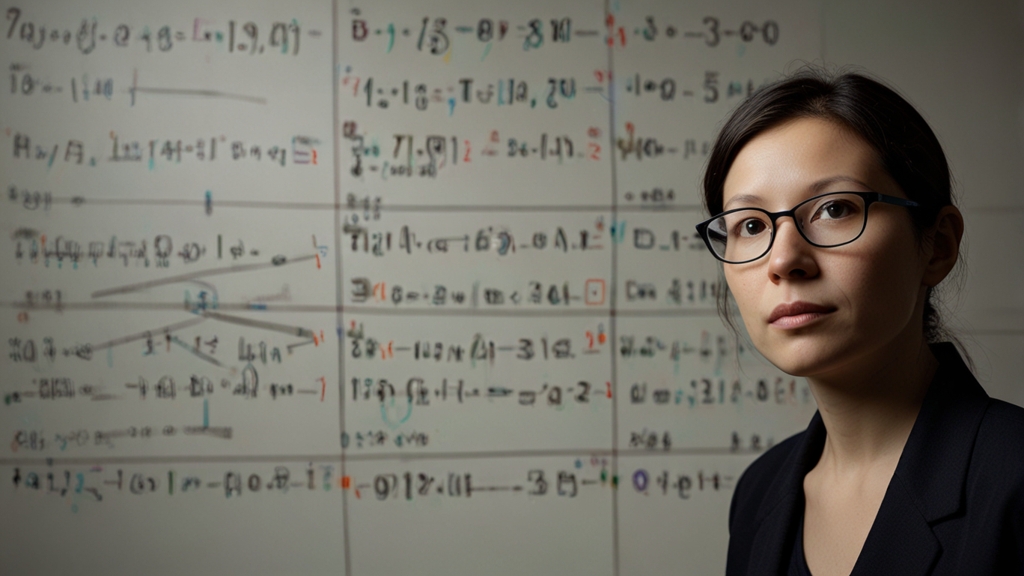Breaking Down Complex Ideas: How Math Simplifies Our World
Mathematics is often perceived as a discipline of complex equations, abstract theories, and daunting calculations. However, at its core, math is a powerful tool that simplifies and clarifies the world around us. From the seamless functioning of our daily routines to the intricate workings of the universe, mathematics plays a pivotal role in breaking down complexities and making sense of seemingly chaotic phenomena.
The Language of the Universe
Math is frequently referred to as the "language of the universe" because it provides a universal framework to describe natural laws and patterns. Whether it’s the spirals of a galaxy or the symmetry of a snowflake, mathematical concepts like geometry and calculus help us understand and predict natural phenomena. Galileo Galilei famously stated, “The book of nature is written in the language of mathematics,” underscoring the idea that math is a fundamental language through which we can interpret the world.
"The book of nature is written in the language of mathematics." – Galileo Galilei
Simplifying Daily Lives
Math's simplifying power extends into our daily lives, often in ways we might not realize. For instance, algorithms—mathematical procedures or formulas—guide our online searches, recommend movies and books, and even predict traffic patterns. By breaking down vast amounts of data into manageable chunks, these algorithms make complex systems more understandable and functional.
Financial Literacy
The importance of mathematics is also evident in the realm of personal finance. Understanding concepts like interest rates, loan amortization, and investment returns can significantly impact our financial well-being. By simplifying these concepts through basic arithmetic and algebra, we can make informed decisions about saving, investing, and spending, ultimately leading to better financial stability.
Scientific Discoveries
In science, mathematics is the bedrock upon which discoveries are built. The relationship between mathematics and science is symbiotic; math provides the tools needed to describe scientific phenomena, while science offers real-world applications for mathematical concepts. For example, Einstein’s theory of relativity, which revolutionized our understanding of space and time, relies heavily on the mathematical field of tensor calculus.
"Pure mathematics is, in its way, the poetry of logical ideas." – Albert Einstein
Technological Innovations
Technological advancements owe much to mathematical principles. From the coding algorithms that power computers to the encryption methods that protect our data, math is intrinsically linked to technology. Engineers and computer scientists use mathematical models to devise and improve technologies, leading to innovations that simplify and enhance our lives.
Improving Problem-Solving Skills
Beyond its practical applications, math hones our problem-solving abilities. The process of tackling mathematical problems—identifying the knowns and unknowns, establishing relationships, and working through solutions—mirrors the steps we take to solve real-world issues. This structured approach equips us with critical thinking skills and a logical mindset, enabling us to navigate complex situations more effectively.
"Without mathematics, there's nothing you can do. Everything around you is mathematics. Everything around you is numbers." – Shakuntala Devi
Conclusion
Math is much more than a subject learned in school; it is a vital tool that simplifies complex ideas and enhances our understanding of the world. Whether we are decoding the natural laws of the universe, managing our finances, or driving technological innovation, math provides clarity and precision. Embracing the language of mathematics can lead to greater insights and a more comprehensive appreciation of the intricacies of our world.








